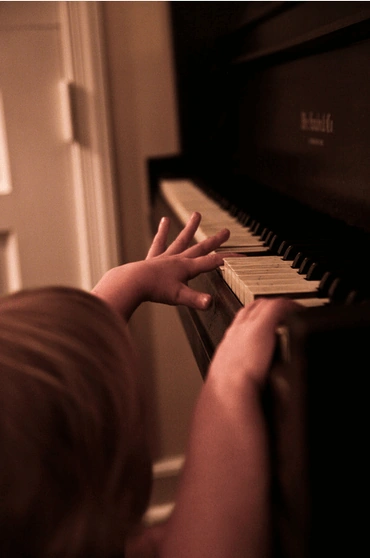
Lidská svoboda nebo duchovní svoboda rozhodovat se je darem Boha, který je základem naší lidskosti. Svoboda jednat tak, jak se nám líbí, není skutečná svoboda, ale licence. Skutečná svoboda musí být vedena Bohem všemi způsoby, jak žijeme, protože nás to osvobozuje od otroků k našim sobeckým impulzům. "Poznáš pravdu a pravda tě osvobodí."
S „svobodou“ souvisí pojem „svobodná vůle“. Naší vůlí je to, co máme v úmyslu dělat nebo být. Je to jádro našeho života. Máme svobodnou vůli určit, co uděláme, a je na naší osobní zodpovědnosti rozhodnout o tom. Naše svobodná vůle je pro Boha tak důležitá, že se narodil na Zemi, aby překonal pekla, takže naše svobodná vůle je vždy udržována a je naše, abychom ji mohli používat a jednat.
Svobodná vůle je kvalita, která odlišuje lidi od zvířat. Zvířata nemohou být dobrá ani zlá, protože jim tyto pojmy nerozumí. Lidé na druhé straně mohou pochopit rozdíl mezi dobrem a zlem, a proto si mohou vybrat, co chtějí dělat. Pán chrání tuto svobodu vůle v rozsahu, v jakém připouští zlo, protože jedině láskou, která je svobodně vybraná, lze přisoudit (nebo patřit) jednotlivci. Protože jsme všichni svobodní, abychom se rozhodli dělat to, o čem věříme, že je v Pánových očích správné, nebo se rozhodneme dělat to, co chceme, můžeme být zformováni do podoby lásky, kterou si zvolíme. Obrázek může být nebeský nebo pekelný; je to naše volba. Žádné zvíře nemá takovou volbu.
Pán vždy dal lidstvu na výběr. Adam měl na zahradě Edenu na výběr, Noe měl možnost poslouchat o archu nebo ne, Abram měl na výběr, zda cestovat do Kanaánu nebo ne, a izraelské děti měly na výběr.
Všichni dostali zjevení jednoho nebo druhého druhu, vyvrcholení Slovem od Mojžíše, proroků a evangelia - to, co nyní nazýváme Bibli. Spisy pro Novou církev jsou pokračováním Pánova zjevení. Znalosti, které z těchto zjevení měli a které dnes máme, otevírají schopnost činit dobrá nebo špatná rozhodnutí.
Nemůžeme změnit své lásky sami. Nemůžeme převrátit lebku zpět a vrhnout do mozku přepínač, který nás nutí milovat našeho souseda - ale Pán může časem něco takového udělat. A aniž bychom otevřeli lebku! Ale on to neudělá, pokud ho nebudeme chtít. Ukazujeme Mu, že chceme, aby se to stalo tak, že budeme jednat, jako by to už udělal. Pokud se přinutíme, abychom jednali, jako kdybychom milovali našeho souseda, přestože to ještě necítíme, jednoho dne si uvědomíme, že nás všech, neznámých, natáhl a trochu nás změnil. Možná jsme se přinutili, ale svobodná vůle znamená, že jsme svobodní, abychom se sami donutili - je to naše volba.
Někteří lidé mohou věřit, že se nemohou změnit. Možná se na chvíli pokusí a nic si nevšimnou, takže ztratí srdce. Toto je celoživotní projekt. Po celou dobu našeho života v přírodním světě nás Pán udržuje ve stavu rovnováhy mezi vlivy nebe a pekla, jen proto, aby nás naše vůle mohla pohnout trochu tak či onak, takže můžeme zůstat pod kontrolou. To je naše svoboda.
Pán chce, aby všichni narození přišli do jeho nebe. To je to, pro co jsme se narodili, ale všichni jsme svobodní, abychom se sami rozhodli, zda to uděláme nebo ne.
(참조: Nebeská tajemství 9591; Božská Prozřetelnost 43; Pravé křesťanské náboženství 475, 483, 498, 500)







